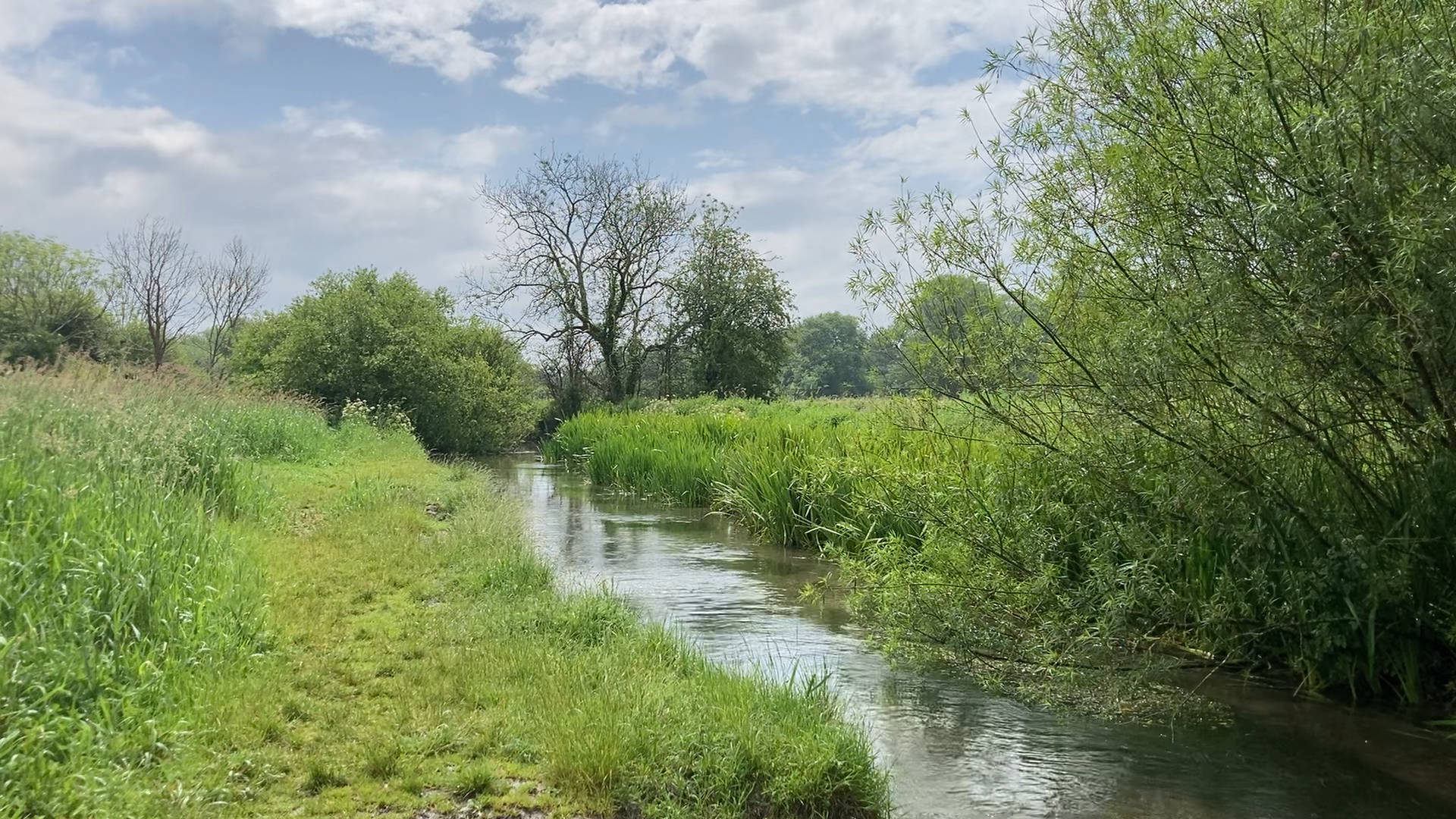5. Chalk streams are under threat – Many chalk streams are in poor condition thanks to over abstraction – the removal of water from a natural source for a variety of uses such as drinking water. When too much water is removed from a river the flow rate slows leading to more silt building up and degrading vital habitats for species, pollutants become more concentrated and when combined with the effects of climate change water temperatures increase and become unsuitable for the wildlife in the water.

Top facts about chalk streams
Published: 17 September 2025
Chalk streams are one of the rarest freshwater habitats, many of which are found in England’s National Parks. Here are five top facts about chalk streams:
1. Chalk streams are one of the rarest freshwater habitats with only around 200 in the world – chalk streams flow from underground chalk aquifers which store large amounts of filtered groundwater that is released slowly and consistently creating mineral rich and cool clear water ways.
2. England is home to about 85% of all chalk streams – Chalk stream can be found in the east and south of England, from Yorkshire Wolds in the north east to the North Dorset Downs in the south west.
3. Chalk streams are characterised by crystal clear water, supporting a variety of species – Chalk streams emerge from the chalk aquifer (stores of water in porous rock) at a low and constant flow which rarely deviates from 10°C, creating the perfect environment for species such as water-crow foot, water star-wort. The silt-free riverbeds are vital for freshwater fish species like brown trout as the gaps in the gravel are perfect for fertilised eggs to develop.
4. Chalk streams can be found abundantly in the South Downs National Park – Chalk is an iconic part of the landscape, with rare chalk grasslands, stunning chalk cliffs and precious chalk streams. The most well-known chalk streams are the River Itchen and the River Meon.
Rescue our rivers
Chalk streams are a key habitat at risk in our National Parks.
We can't continue polluting, degrading and destroying the waterways in National Parks, but we have an opportunity now to bring forward new regulations to clean up National Park waterways as a priority.
